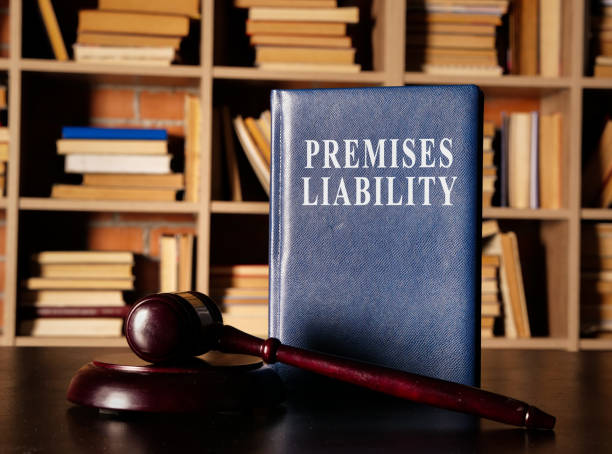Negligent security is a critical aspect of premises liability law, focusing on the responsibility of property owners to maintain safe environments for visitors. When a property owner or manager fails to implement adequate security measures—such as proper lighting, functional locks, or security personnel—they may be held liable for harm caused by criminal activities on their property.
In Columbia, negligent security cases often emerge from incidents at apartment complexes, shopping malls, parking lots, and other public areas where safety standards are sometimes overlooked.
The legal framework surrounding premises liability in Columbia is designed to protect individuals from preventable harm caused by negligent property management. This protection is particularly crucial for victims of negligent security in Columbia, as it provides a pathway to seek justice and compensation for their injuries and losses.
By understanding the principles of negligent security, victims can better navigate the complexities of premises liability law and protect their rights. This article will explore the fundamentals of negligent security, including what it is, how it can lead to legal action, and why it is essential for property owners to prioritize adequate security measures.
What is Negligent Security?
Negligent security refers to a property owner’s failure to implement or maintain reasonable measures to protect visitors from foreseeable criminal acts. These measures may include installing security cameras, employing trained security personnel, ensuring proper lighting in high-risk areas, and addressing broken locks or gates. When these precautions are neglected, the risk of crimes such as assaults, robberies, or vandalism increases significantly.
For instance, if a parking lot, known for frequent thefts, lacks functional lighting and visible camera systems strategically positioned to deter crime, the property owner may be considered negligent if a crime occurs. Incorporating well-placed and reliable visible camera systems can not only serve as a deterrent but also provide valuable evidence in the event of an incident. Negligent security is not just about the absence of preventive measures but also about ignoring known risks that could have been reasonably addressed.
How Negligent Security Can Lead to Legal Action
Victims of crimes that occur due to negligent security may pursue legal action against the property owner or manager. To build a successful case, the victim typically must prove that:
- A duty of care existed: The property owner owed a duty to provide a reasonably safe environment.
- Breach of duty: The owner failed to implement or maintain adequate security measures.
- Causation: The lack of security directly led to the criminal act and resulting harm.
- Damages: The victim suffered tangible losses, such as medical expenses, lost wages, or emotional trauma.
Negligent security lawsuits often rely on evidence such as incident reports, witness testimony, and expert evaluations of the property’s security conditions. These cases not only seek to compensate victims but also highlight the importance of addressing security vulnerabilities.
Why Property Owners Must Prioritize Security
Adequate security measures are essential for creating safe spaces and minimizing the risk of harm to individuals. Beyond legal obligations, maintaining proper security protects a property owner’s reputation and fosters trust among tenants, customers, and visitors.
Some actions to proactively address security risks include
- Conducting regular safety audits
- Staying updated on local crime trends
- Promptly addressing maintenance issues
By doing so, property owners not only comply with legal standards but also contribute to safer communities.
Conclusion
Negligent security plays a vital role in premises liability law, emphasizing the need for property owners to take proactive steps to ensure the safety of their premises. By understanding what negligent security entails, how it can lead to legal action, and why preventive measures are essential, individuals and property owners alike can contribute to creating safer environments and reducing the risks of preventable harm.

